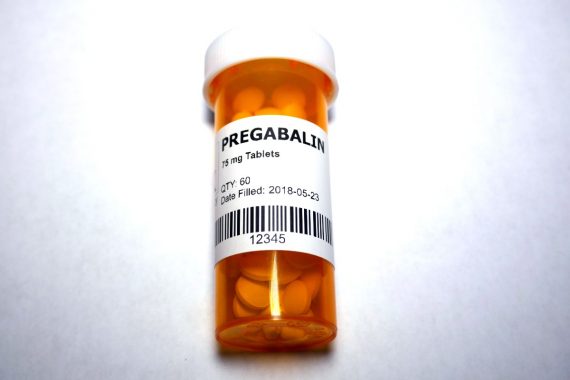Patients taking methadone or buprenorphine for opioid addiction are at greater risk of overdose with mental health or pain drugs.
This is the finding by researchers from the University of Manchester, who warned GPs should avoid co-prescribing benzodiazepines, gabapentinoids, antipsychotics or Z-drugs with opioid agonist treatment if the risk of harm is greater than the benefit to the patient.
And it highlights the need for careful collaboration between GPs and mental health teams, the researchers concluded.
The NIHR funded research studied GP patient records of almost 21,000 people over two decades, three quarters of whom were on methadone and the rest buprenorphine.
A heightened risk of hospital admission for overdose was found with co-prescription of various medicines looked at with gabapentinoids at the top with a 2.2 increased risk followed by antipsychotics.
Those prescribed benzodiazepines were 1.45 times more likely to have a hospital admission for overdose compared to patients who were not prescribed them with a 1.6 times increased risk for Z-drugs.
However, there was no evidence for increased risk linked with antidepressant co-prescription.
Secondary analyses suggested that those prescribed methadone together with benzodiazepines, antipsychotics or gabapentinoids had a lower risk of overdosing compared to patients who were prescribed buprenorphine, whereas the overdose risk was higher for methadone when co-prescribed with Z-drugs or opioids.
But the data was not clear enough to draw firm conclusions about modality, current medicines exposure and non-fatal overdose risk, they said in Addiction.
Despite the UK’s clinical guidelines, recommending careful prescribing of benzodiazepines, gabapentinoids and Z-drugs due to their potential central nervous system depressant effect when combined with opioids they remain commonly prescribed drugs, the researchers noted.
Study lead Dr Eleni Domzaridou, a research associate at The University of Manchester said: ‘We found an elevated risk of non-fatal overdose among patients who were prescribed opioid agonists together with medication prescribed for other reasons.
‘A non-fatal overdose often precedes subsequent drug-poisoning death. Therefore, informing clinicians to help them prescribe medication to these patients as safely as possible is paramount.
She added: ‘Our findings highlight the importance of joint working between GPs and mental health professionals when caring for the complex health needs of patients with opioid use disorder.’
Pulse July survey
Take our July 2025 survey to potentially win £1.000 worth of tokens












